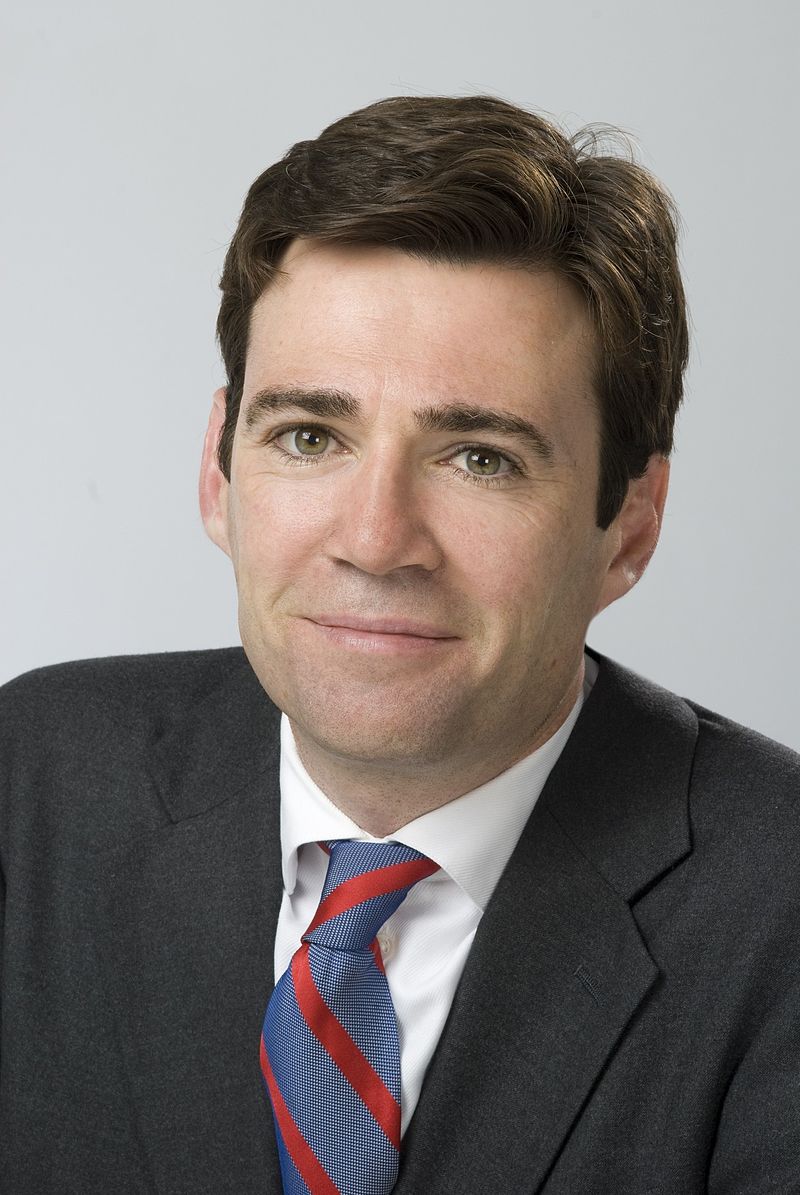Abnormal times for UK local elections
By George Hardcastle
Normally the UK governing party in the course of its term would lose seats in the local elections as the opposition makes gains. However, we do not live in normal times.
British politics is dominated by two constitutional issues: Brexit and Scottish independence.
The Labour Party leadership tries hard to move onto the ground of Tory inflicted austerity and cuts to public services including those of local authorities and social care. However, the other parties and the mainstream media bang on about the constitutional issues. Any talk about the crisis of British capitalism and its effects on the working people are pushed to the side.
Of course, the Labour leadership are also undermined by their own side. The Parliamentary Labour Party attacks Jeremy Corbyn at every turn and the media vilifies him. The Labour Party is divided over its approach to Brexit, and in Scotland it is divided over how to deal with the independence issue.
The Tories grasped the nettle of Brexit and their divisions over the issue are covered up, at least for the moment. The SNP only think about independence and when to call the next referendum and the Tories try to sweep up the anti-independence opposition in Scotland.
It was against this background that the local elections took place in Scotland, Wales and large parts of England. National Politics dominated these local elections (Brexit in England and Wales, independence in Scotland).
The general outcome was the Tory Party made gains, the Labour Party lost ground, the Liberal Democrats made little movement, the SNP made gains and suffered some losses, and UKIP votes evaporated to the Tories.
Scotland
In Scotland, the Tories took seats from the SNP in what were historically traditional Tory areas. For example, in Aberdeenshire the Tories gained 9 seats to become the largest party with the SNP losing 8 seats. In Argyll and Bute, the Tories gained 5 seats. In Angus, the Tories gained 5 seats and the SNP lost 6. In Perth and Kinross, where the SNP had led a minority administration prior to the election, the Tories gained 7 seats and are now the largest party. The Labour party had very few seats on any of these councils prior to the election and that remains the same.
In Dundee, often referred to as the YES city after returning the highest vote favouring independence, the SNP lost their overall majority of the council. In East Lothian where the SNP had been the largest party, Labour is now the largest party.
The SNP became the largest party in Glasgow but were disappointed not to win overall control. The Tories, who had one councillor prior to the election, now have 8. In Renfrewshire the SNP became the largest party gaining 2 seats whilst the Labour Party lost 11 seats and leadership of the council.
Wales
It was widely predicted that the Tories and Plaid Cymru would make considerable gains in Wales. However, this did not come to pass with Labour retaining control of Cardiff, Swansea and Newport. The Tories won one council, Monmouthshire.
England
There were 27 county council elections, 7 single-tier unitary authorities, 1 Metropolitan Borough, 2 local authority mayors and 6 Combined Authority Mayors up for election in England.
Of the County Councils, Labour lost control of Derbyshire and Nottinghamshire. Labour held their only unitary authority (Durham) and the only Metropolitan Borough up for election (Doncaster) was held by Labour. Overall the Tories gained 563 seats and Labour lost 382. UKIP lost all their existing seats (143) but gained one seat.
Of the two local authority mayors up for election, Labour won Doncaster in the first round with 32,631 votes (50.9%) against the Tories with 13,575 votes (21.2%). Labour also won North Tyneside with 29,655 votes (56.4%) against the Tories with 16,164 votes (30.7%).
In the Mayoral elections in England, Labour won convincingly in Greater Manchester (Andy Burnham) with 359,352 votes (63.41%) against the Tories with 128,752 and Liverpool City Region (Steve Rotheram) with 171,167 votes (59.3%) against the Tories with 58,805 votes. Both Labour Mayors were elected in the first round.
In the West Midlands, the ex-Managing Director of John Lewis, Andy Street, who had spent £1million on his campaign prior to the cap on election spending, won narrowly for the Tories against Labour (48,578 votes against 46,400) after the second round.
In the West of England region, where 6 of the 9 constituencies are Tory, the Labour candidate although beaten, came very close. The Tories got 70,300 (51.6%) votes against Labour's 65,923 (48.4%) after the second round of voting.
In the Tees Valley the Tory received 40,278 votes against Labour's 39,797 after the second round of voting.
The Tories won Cambridgeshire and Peterborough with 56.9% of the vote, winning with 88,826 votes against the Liberal Democrats with 67,205 votes after the second round.

Labour's Andy Burnham is the new Mayor of Greater Manchester with 63.4% of the vote.

Labour's Steve Rotheram is the new Mayor of Liverpool with nearly 60% of the vote.






